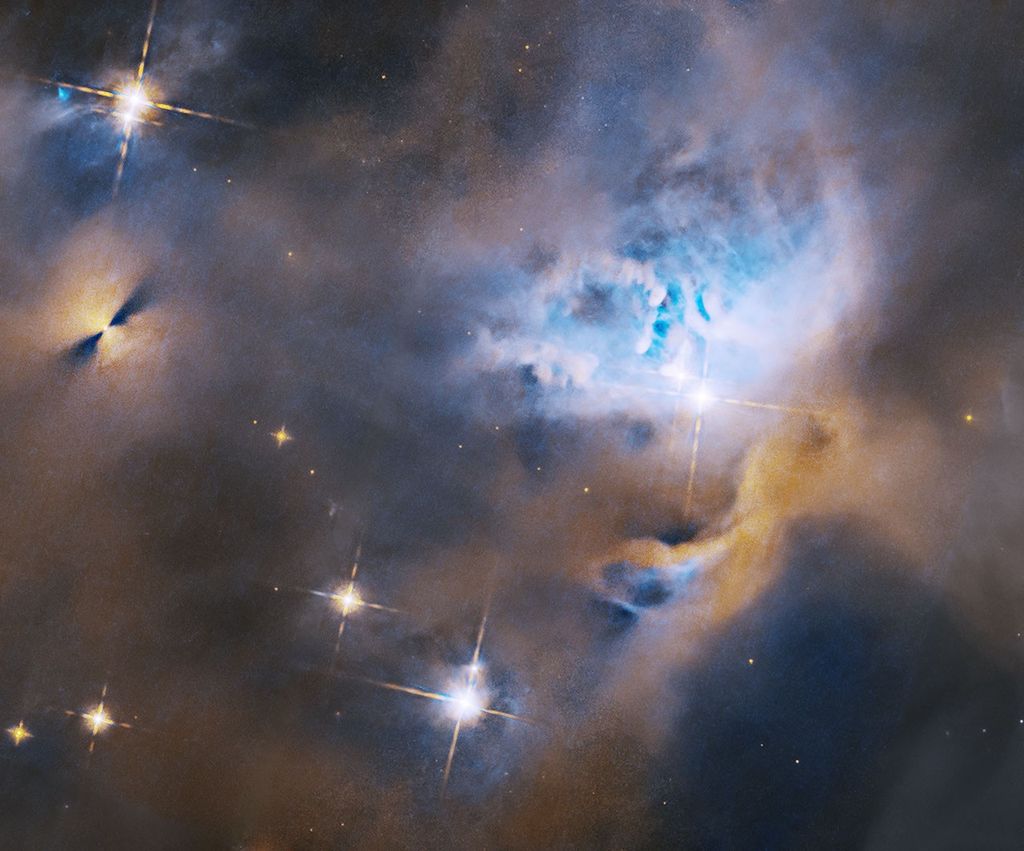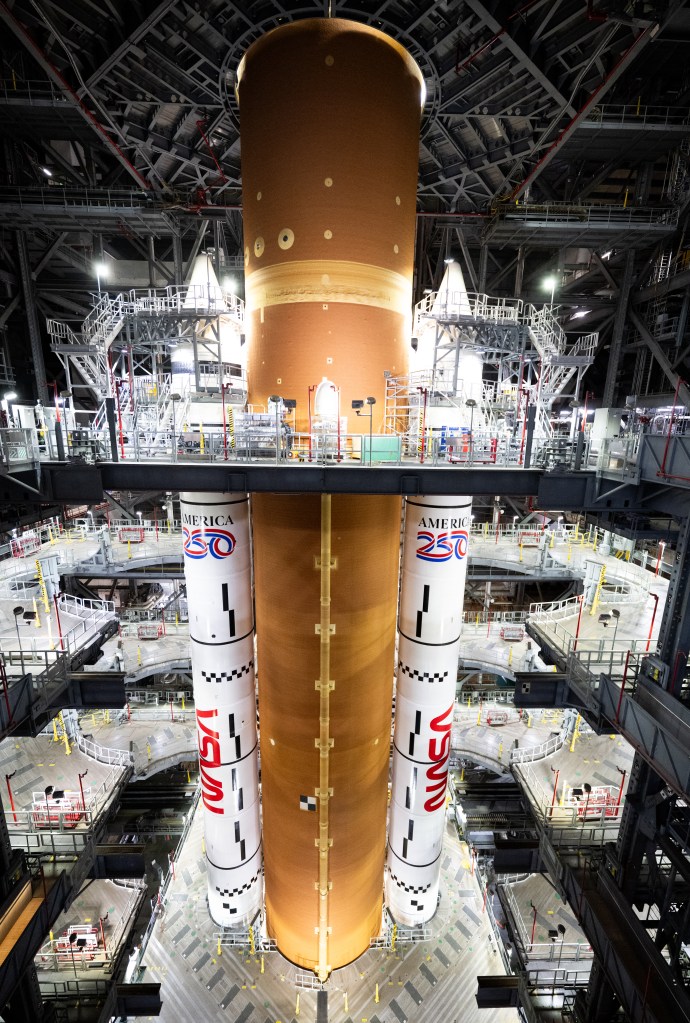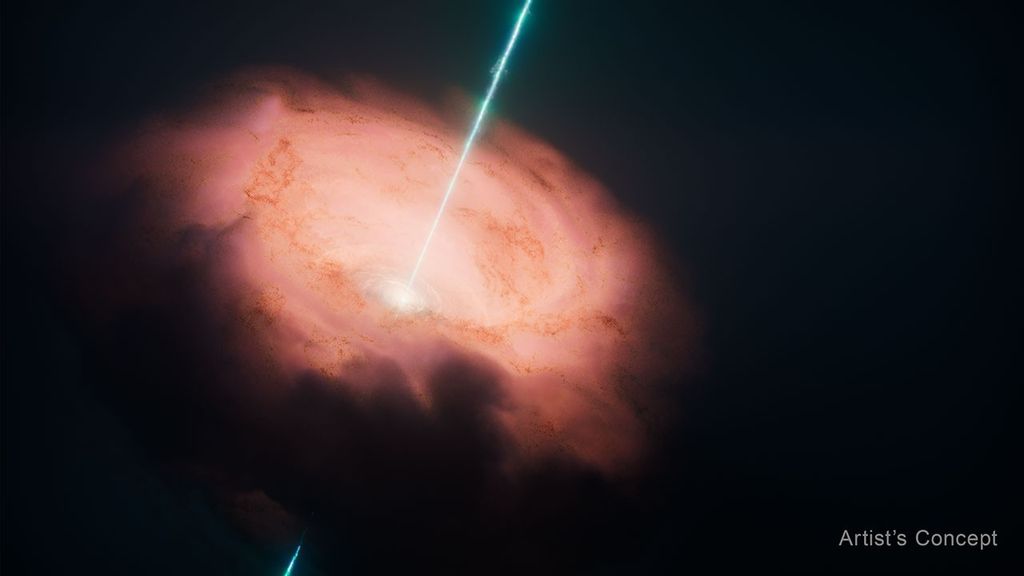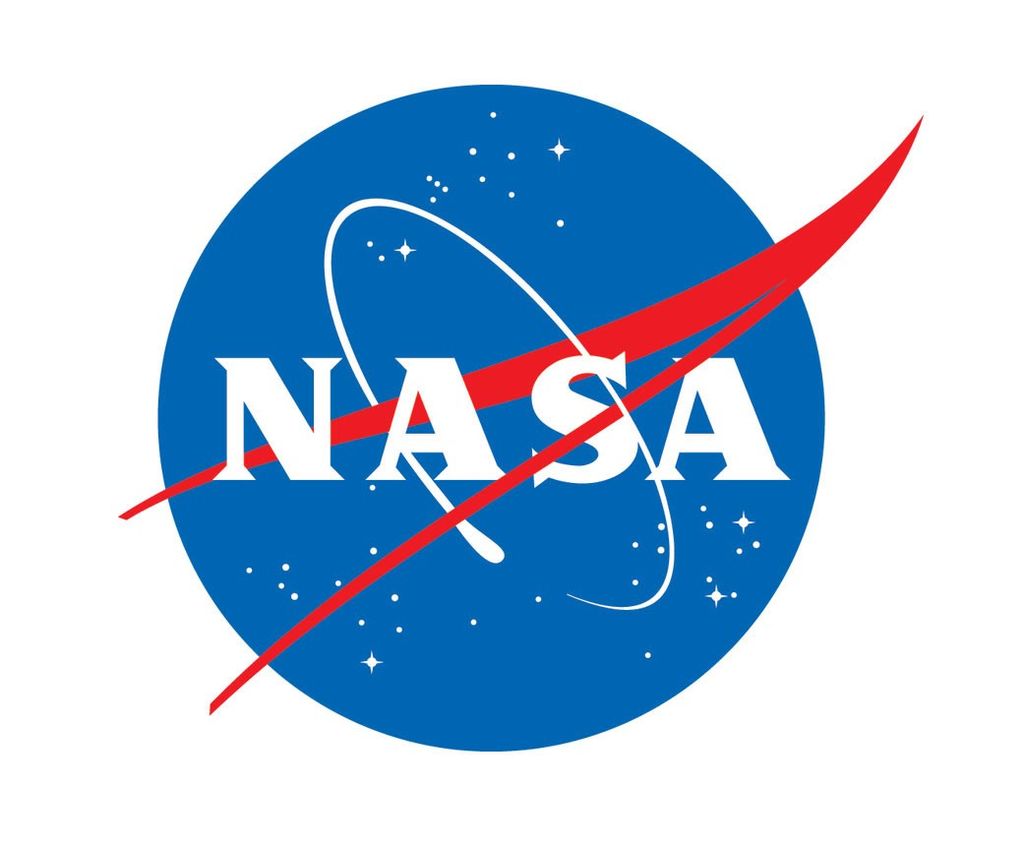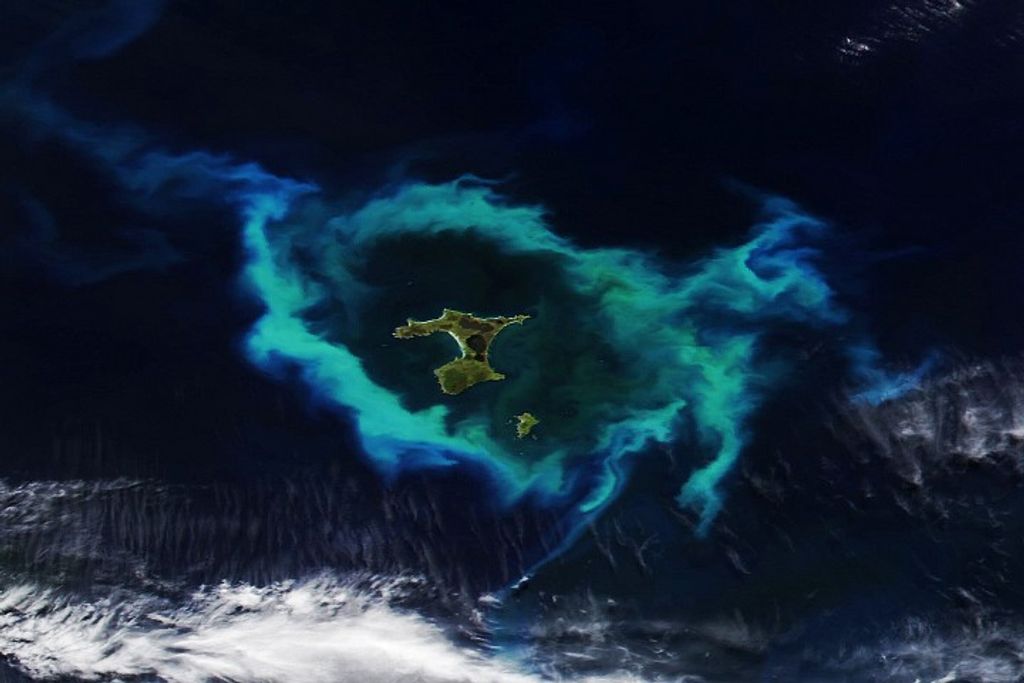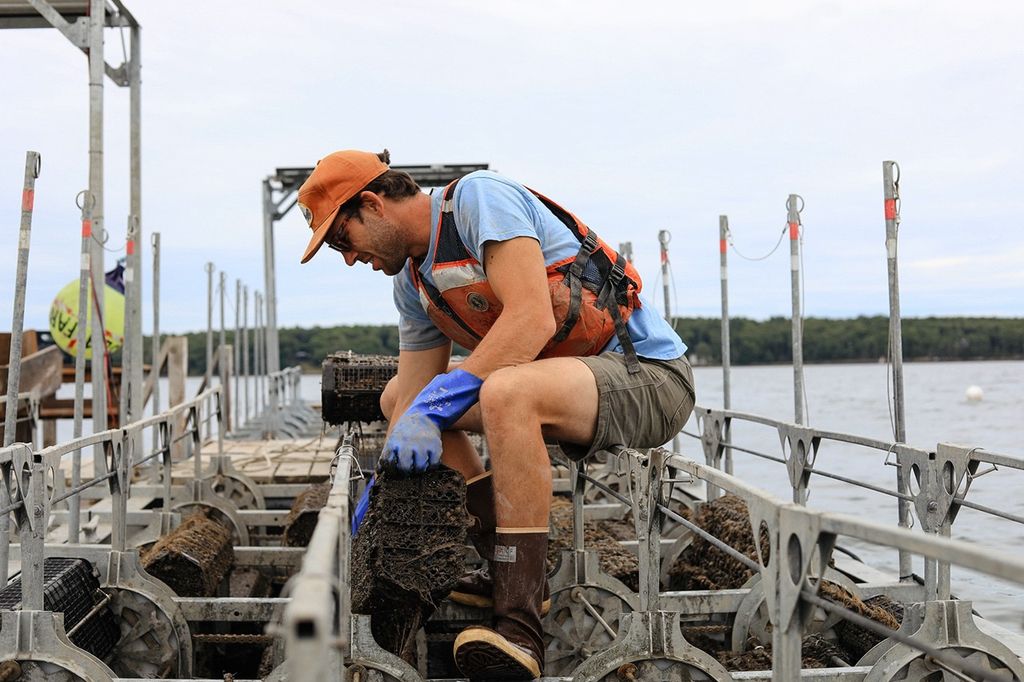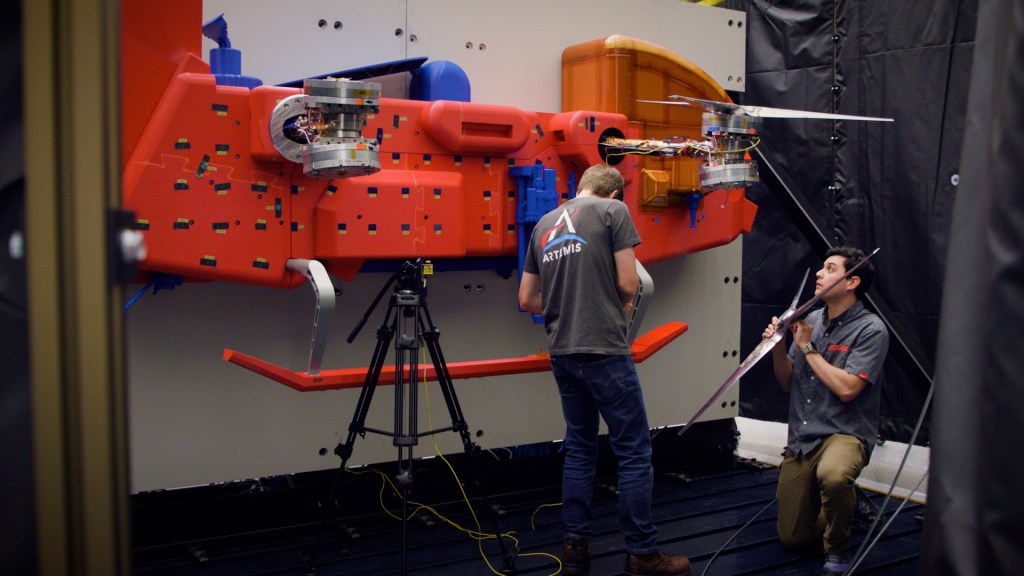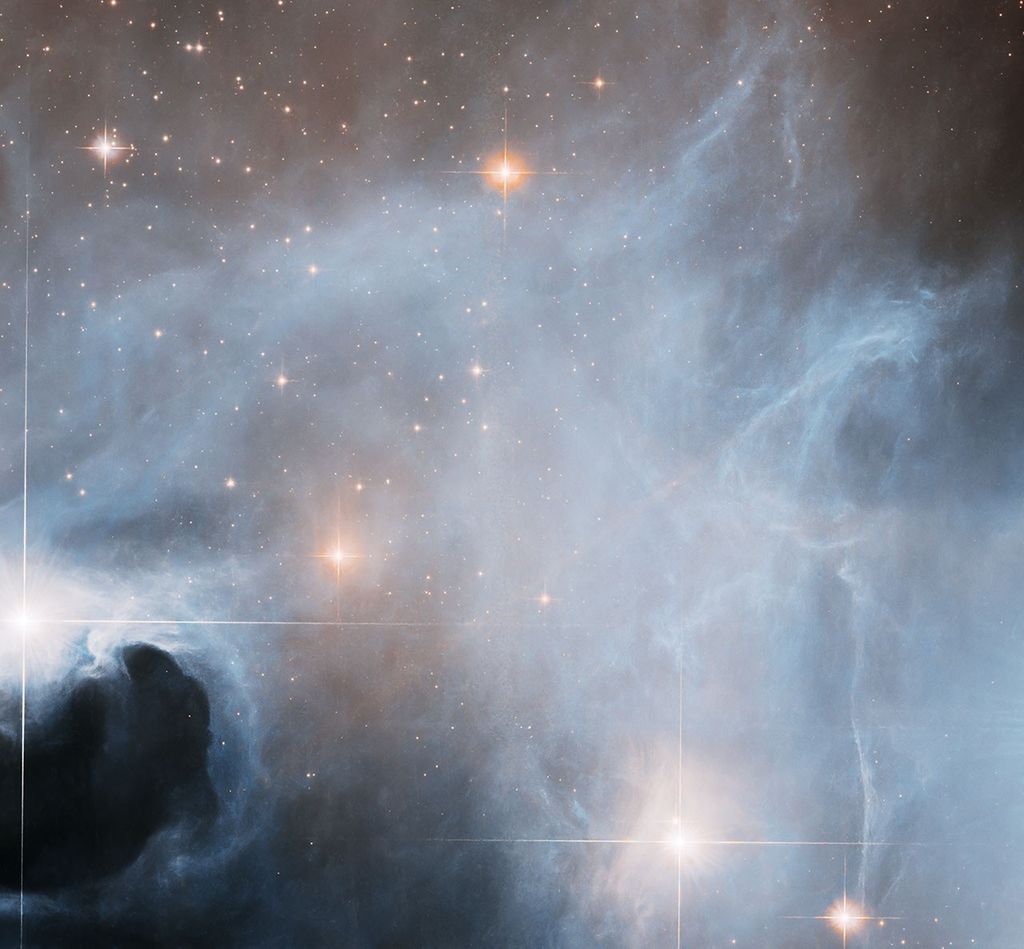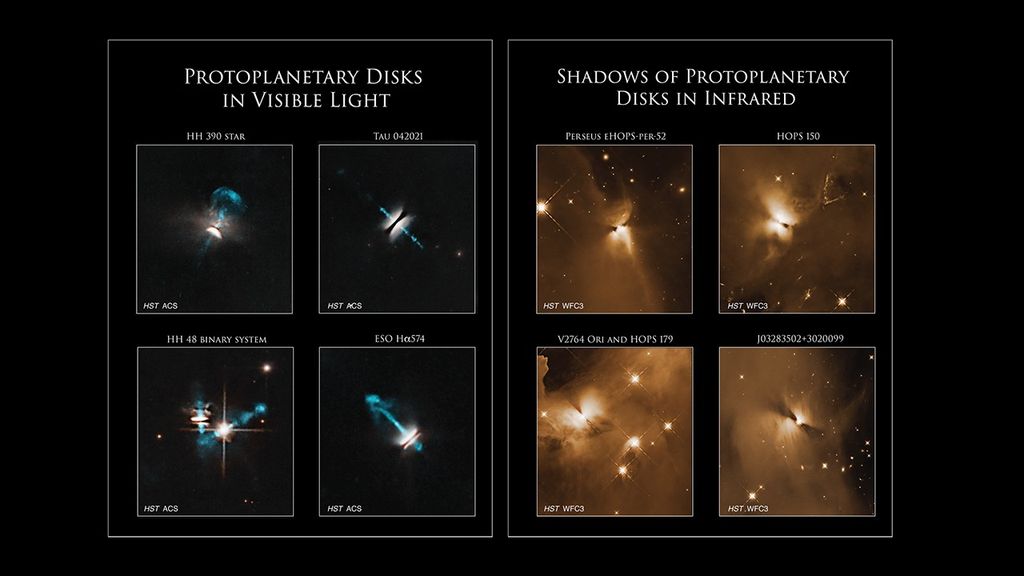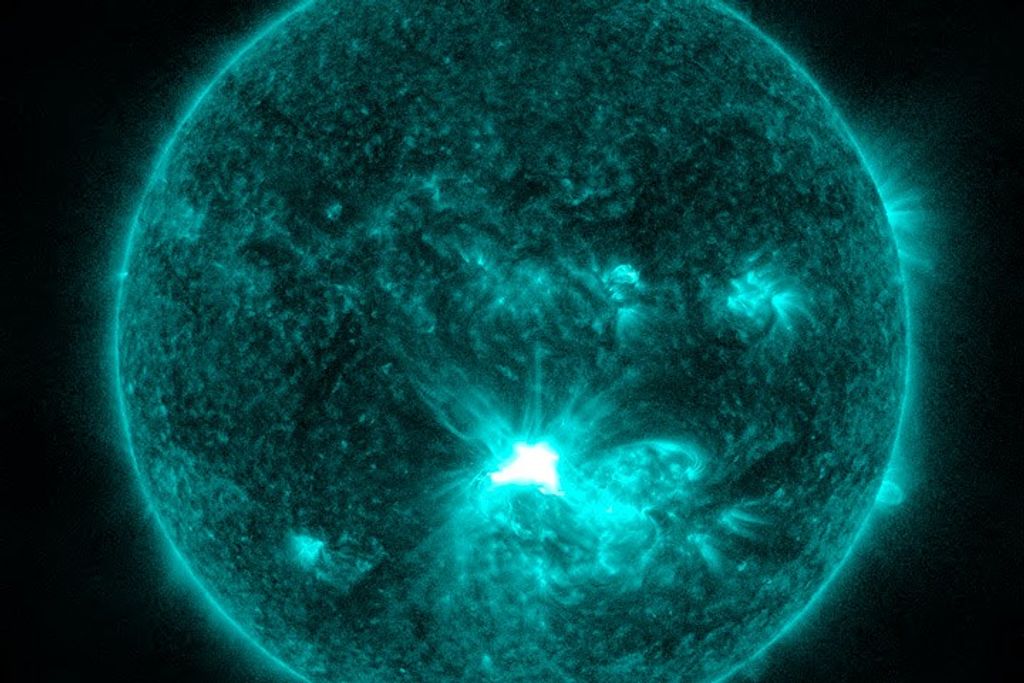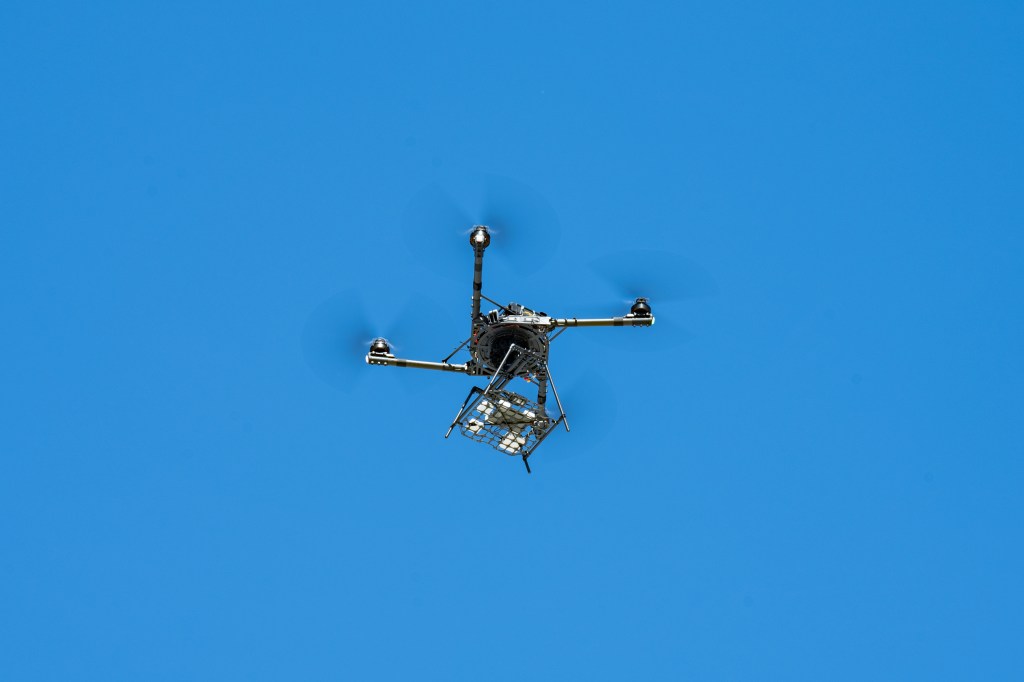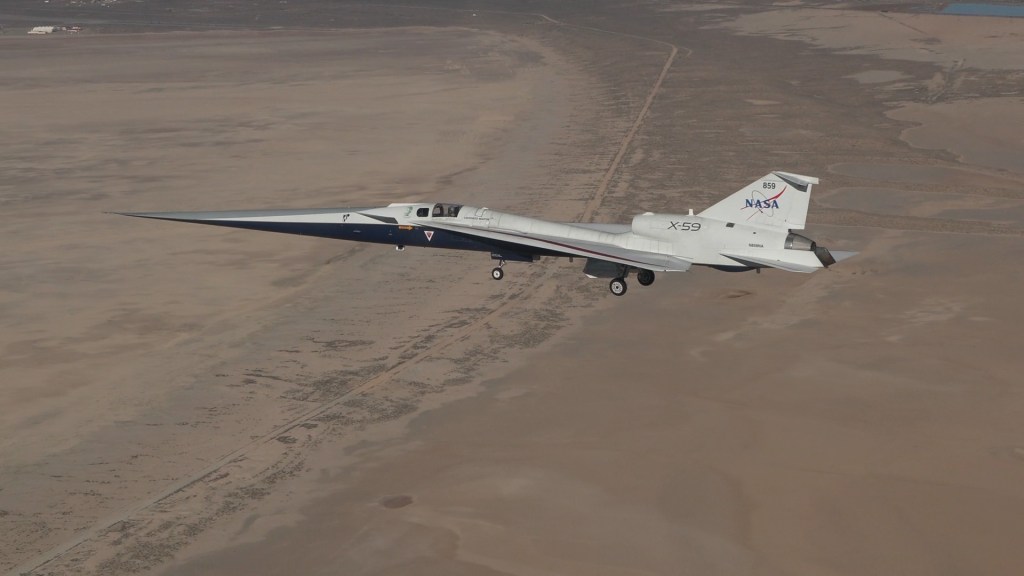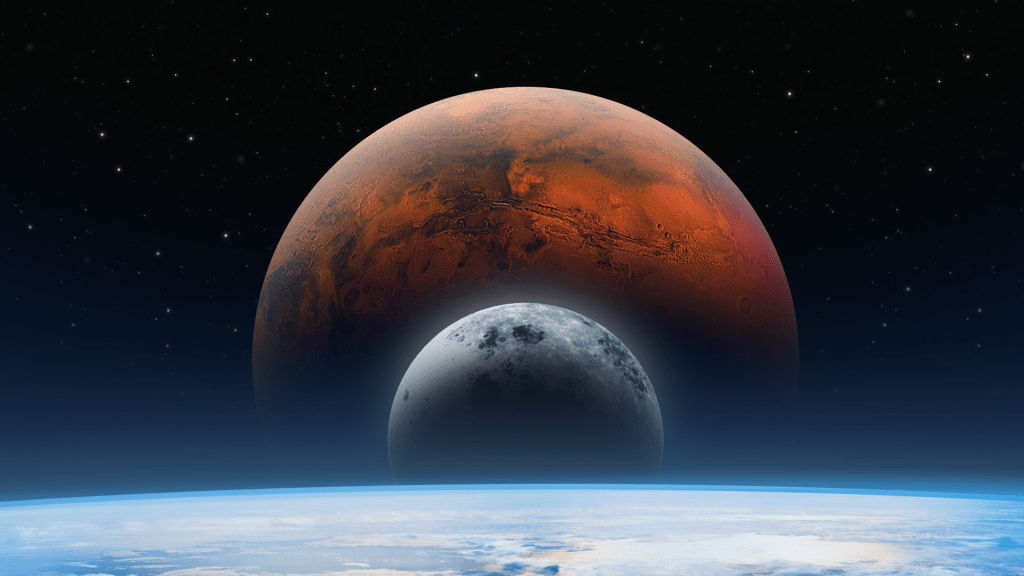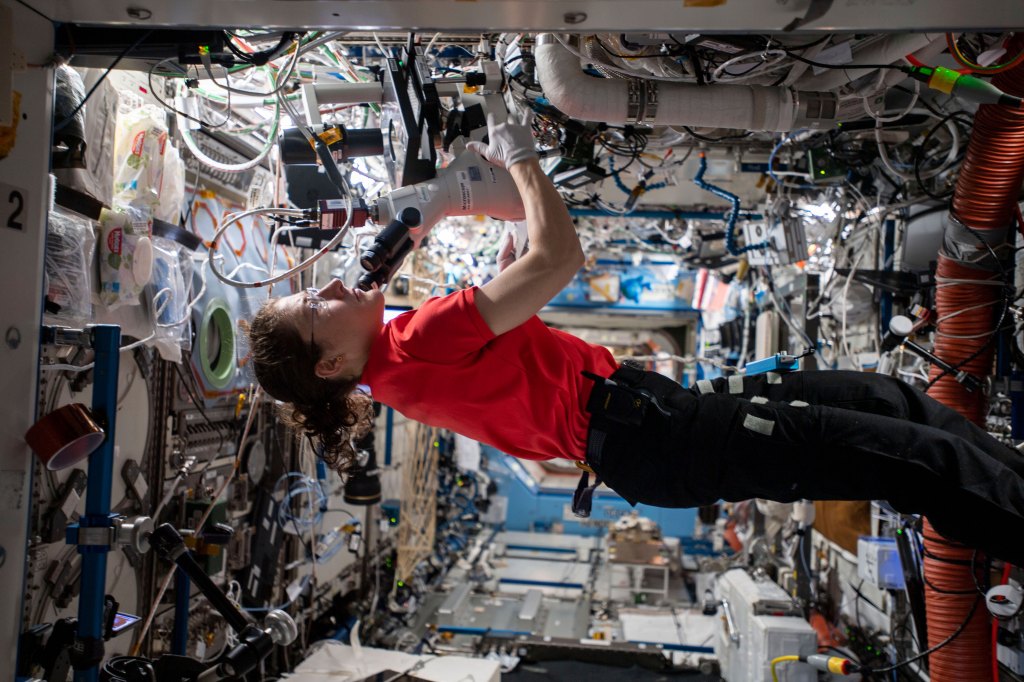The first U.S. mission to return a sample from an asteroid is readying itself to take on the complex operations necessary for its journey in space. NASA’s Origins, Spectral Interpretation, Resource Identification and Security-Regolith Explorer (OSIRIS-REx) mission passed a key milestone last month by completing a Mission Operations Review (MOR).
The MOR demonstrated the team’s progress in developing the procedures to execute the complicated activities needed to return a sample from a primitive asteroid named Bennu. Spacecraft operations will be conducted at the Lockheed Martin Space Systems Company campus in Littleton, Colorado, with science operations for the mission being performed on the University of Arizona campus in Tucson.
“This was the first of a number of operations-related reviews where the team will get to demonstrate its increasing maturity as we march toward launch next September, and they did an excellent job,” said Mike Donnelly, OSIRIS-REx project manager at NASA’s Goddard Space Flight Center in Greenbelt, Maryland.
Goddard administered the review. The MOR focused specifically on OSIRIS-REx’s operational readiness and its progress to launch. The panel of experts assessed the mission’s approach to data processing and analysis, commanding and planning of the spacecraft and instruments, navigation, and the verification and validation plans required before the spacecraft takes flight.
“The MOR provided each of the OSIRIS-REx team members the opportunity to demonstrate how they will operate together after launch to accomplish the work of this mission,” said Dante Lauretta, principal investigator for OSIRIS-REx at the University of Arizona. “So many aspects of our mission have never been attempted before, and this review showcased the innovative approach to finding solutions that the entire OSIRIS-REx operations team brings to the mission.”
After launch in September 2016, the spacecraft will travel to the near-Earth asteroid Bennu and bring at least a 60-gram (2.1-ounce) sample back to Earth for study. The mission will help scientists investigate the composition of the very early solar system and the source of organic materials and water that made their way to Earth, and it will improve our understanding of asteroids that could impact our planet.
NASA’s Goddard Space Flight Center in Greenbelt, Maryland, provides overall mission management, systems engineering and safety and mission assurance for OSIRIS-REx. Dante Lauretta is the mission’s principal investigator at the University of Arizona. Lockheed Martin Space Systems in Denver is building the spacecraft. OSIRIS-REx is the third mission in NASA’s New Frontiers Program. NASA’s Marshall Space Flight Center in Huntsville, Alabama, manages New Frontiers for the agency’s Science Mission Directorate in Washington.
For more information on OSIRIS-REx; go to:
https://www.nasa.gov/osiris-rex
and
http://asteroidmission.org

